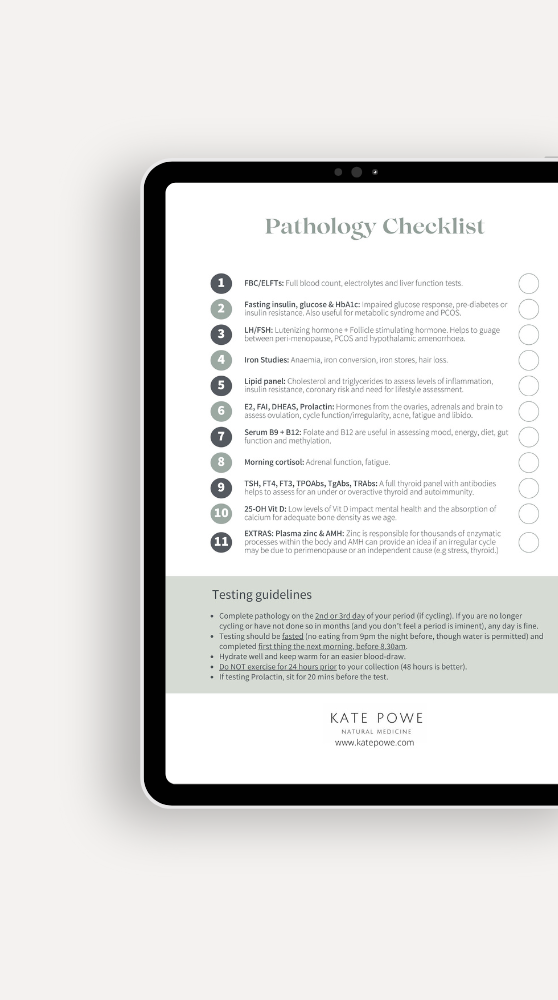What is endometriosis?
What is Endometriosis? Endometriosis is an inflammatory condition where tissue that ordinarily lines the uterus (some say it’s similar to, but not actually the same tissue) is also found attached to other areas and organs in the abdominal cavity, such as the bowel, fallopian tubes, bladder, ovaries and/or ligaments.
On day 1 of your cycle, the endometrium sheds and you get yourself a period.
But when that same tissue is displaced elsewhere in the abdominal cavity and sheds (remember, it’s responding to the same hormonal shifts that bring on your period), it has no escape route. Adhesions and scar tissue to neighbouring organs can develop and, along with the release of inflammatory cytokines and prostaglandins tied in with your immune system, can cause pain, changeable bowel habits and/or infertility.
How is endometriosis diagnosed?
A pelvic/transvaginal ultrasound is performed first, and some technicians are skilled at detecting endometriosis purely via scan, but the only definitive method of diagnosis currently is via laparoscopy.
The staging and symptoms of endometriosis
Typically endometriosis is classified as Stage I (mildest/minimal lesions) to Stage IV (most severe/profuse lesions).
The curious thing about staging is it has nothing to do with your level of symptoms. You can have extreme pain and multiple symptoms with Stage 1 and/or no symptoms at all with Stage IV. In fact the only reason some women ever know they have endometriosis is from further investigation after unexplained infertility.
But for those who are experiencing difficult cycles each month, here are some indications to put on your radar:
- Painful periods
- Heavy bleeding/flooding
- Clotting
- Pain during sex
- Mid-cycle spotting
- Sharp, shooting pain in your abdomen, lower back, rectum or down your legs
- Extreme abdominal bloating post-ovulation
- Deep, dull ache through your abdomen and lower back
- Depression
- Strong pain at the start of your menstrual cycle that lasts several days into your period
What can I do if I think I might have endometriosis?
- Talk to a qualified healthcare practitioner. Ask your GP or gynaecologist or naturopathic practitioner for guidance and if they’re unsure or you don’t feel they’ve addressed your concerns, then get a second and a third and a fourth opinion.
- Do your research and ask your practitioner who are the top specialists in endometriosis.
Tip: not all gynaecologists, GPs or natural medicine practitioners are endo experts. - Strong period pain is not normal. Be your own advocate and push for answers about what you are going through. Don’t be rushed into taking hormonal birth control or anti-depressants or a hysterectomy as a solution before understanding your choices first.
- Become educated in how to best support your body and address factors that could be making your symptoms worse. Help your body down-regulate inflammation and rebalance its immune system.
Click Here for Part 1 My own endometriosis story; or
Click Here for Part 3 Natural support to nurture your body through endometriosis
Want to know more? Download my free E-book Beyond PMS – Understanding Endometriosis
Kate is a qualified naturopath who is passionate about helping women heal from hormonal havoc and inspiring women to know their own power, worth and wisdom.
Kate offers a personalised, one-on-one consults for irregular cycles, PMS and period pain, endometriosis, PCOS, peri-menopause, mood swings, mental and emotional stress, fatigue and thyroid conditions.
Simply drop me an email to see how I can help you!






